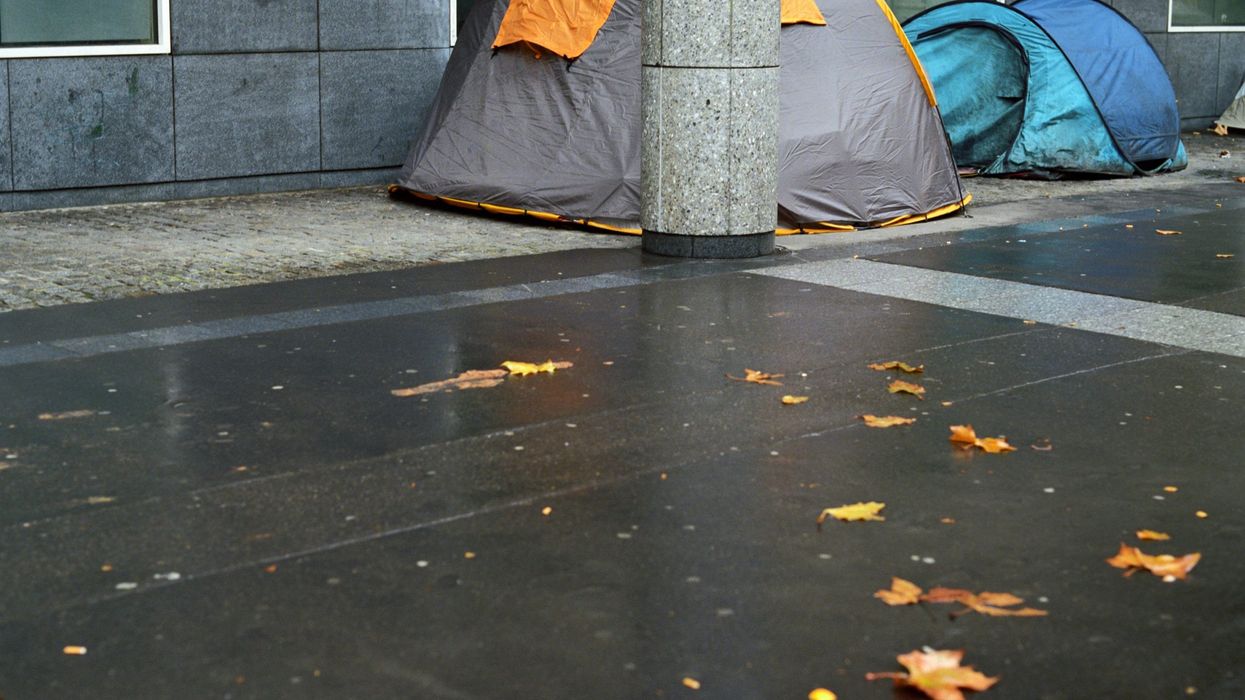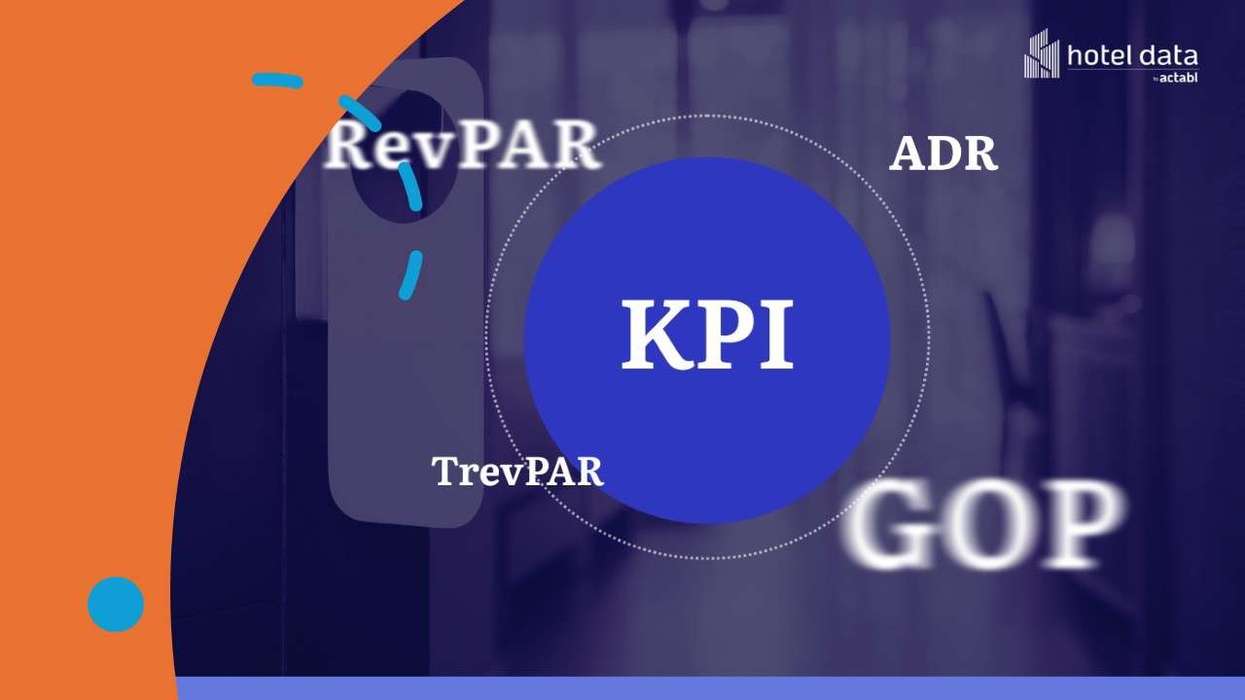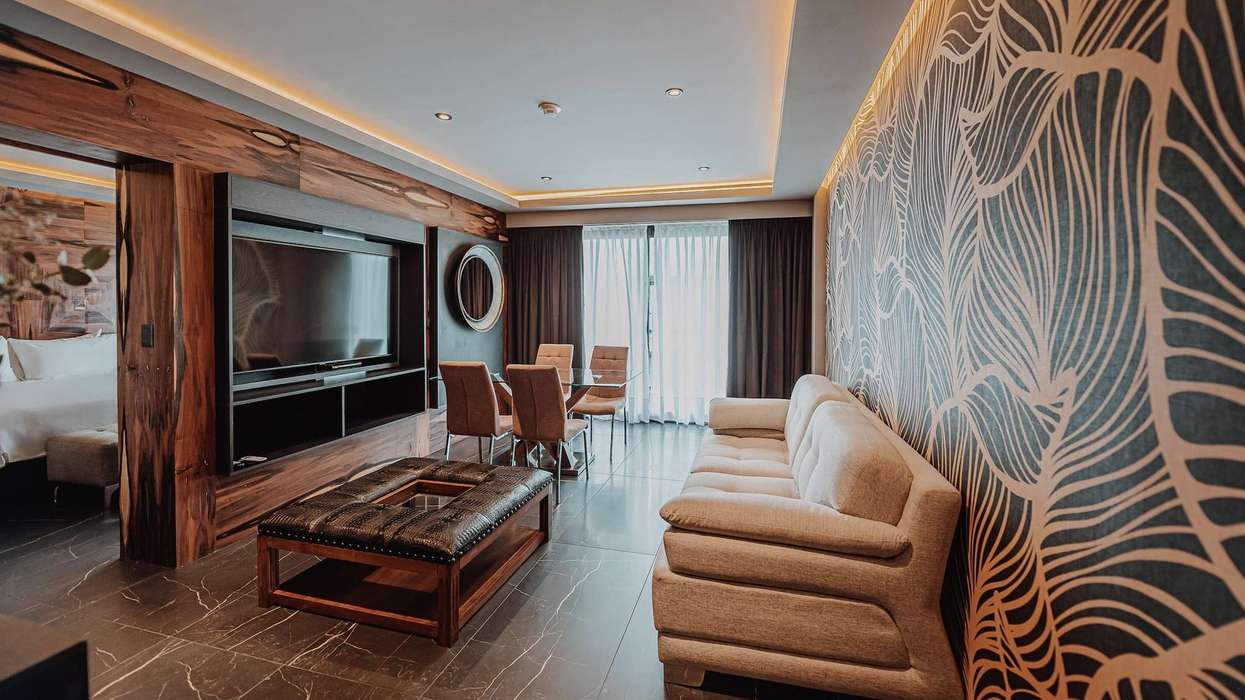THE U.S. SUPREME Court overturned a lower court ruling that found Grants Pass, Oregon’s ban on outdoor sleeping on public lands violated the constitution’s prohibition of cruel and unusual punishment. AAHOA expressed concerns over the ruling in the case that could push the homeless population into hotels.
Previously, the U.S. Ninth Circuit Court held that enforcing city ordinances banning outdoor sleeping did violate the Eighth Amendment’s Cruel and Unusual Punishments Clause “whenever the number of homeless individuals in a jurisdiction exceeds the number of ‘practically available’ shelter beds,” according to the Supreme Court ruling. This led to several lawsuits against cities filed by homeless advocates, including one against Grants Pass that led a district court to file an injunction prohibiting the city from enforcing the ordinance.
The Supreme Court overturned the district court’s holding, saying the city’s punishments for violations, including fines in first offenses and imprisonment for multiple violations, did not meet the Eighth Amendment’s definitions of cruel and unusual. That ruling has an immediate impact on cities and counties in Oregon and other Western states, according to Oregon media.
It also has implications for municipalities and businesses, including the hotel industry, AAHOA said in a statement.
"By criminalizing sleeping in public spaces, the unhoused population will be in desperate need of places to stay," said Miraj Patel, AAHOA’s chairman. "One of the easiest and quickest ways to find shelter will be via hotels. This places the hotel industry in a precarious position by providing shelter for people traditionally requiring wrap-around services, such as mental health support, job placement, and more."
AAHOA said the ruling, decided on June 28, raises critical issues related to public spaces, homelessness, and local government responsibilities. It is concerned that such criminalization could lead to efforts like those in Los Angeles, California, where city officials recently considered an ordinance that would have forced hotels to report vacant rooms by 2 p.m. daily so unhoused residents could use government vouchers to stay in them without providing any wrap-around services.
In December, the Los Angeles City Council accepted the withdrawal of a ballot measure for that ordinance in favor of in a new provision revising the former Los Angeles mandatory homeless voucher program into a voluntary opportunity.
The proposed Los Angeles ordinance would have placed an immense burden on the hotel industry, creating significant concerns for hotel workers and guests and threatening the local tourism and travel industry, AAHOA said. The Supreme Court's decision underscores the importance of collaborative efforts between local governments, businesses and community organizations to address homelessness and public safety.
"The Supreme Court's decision in the Grants Pass case is concerning for our members who are dedicated to providing safe and welcoming accommodations to the traveling public," said Laura Lee Blake, AAHOA’s president and CEO. "AAHOA calls for a comprehensive approach to addressing homelessness that includes increasing numbers of safe shelters, mental health services, treatment for addictions, job placement opportunities, and long-term affordable housing solutions. Together, we can come up with compassionate solutions that address the growing homelessness crisis without criminalizing sleeping in public parks while still recognizing that hoteliers are responsible for providing accommodations to their traveling guests and cannot be the only answer for sheltering our unhoused residents."
Opponents assert the ruling could lead to increased challenges surrounding public safety and property management, putting additional strain on hotel owners and their ability to serve guests effectively, AAHOA said. Hotel owners are ready to support initiatives that promote safe and vibrant communities, the association said, but they require clear and enforceable regulations to manage their properties and protect their guests.






